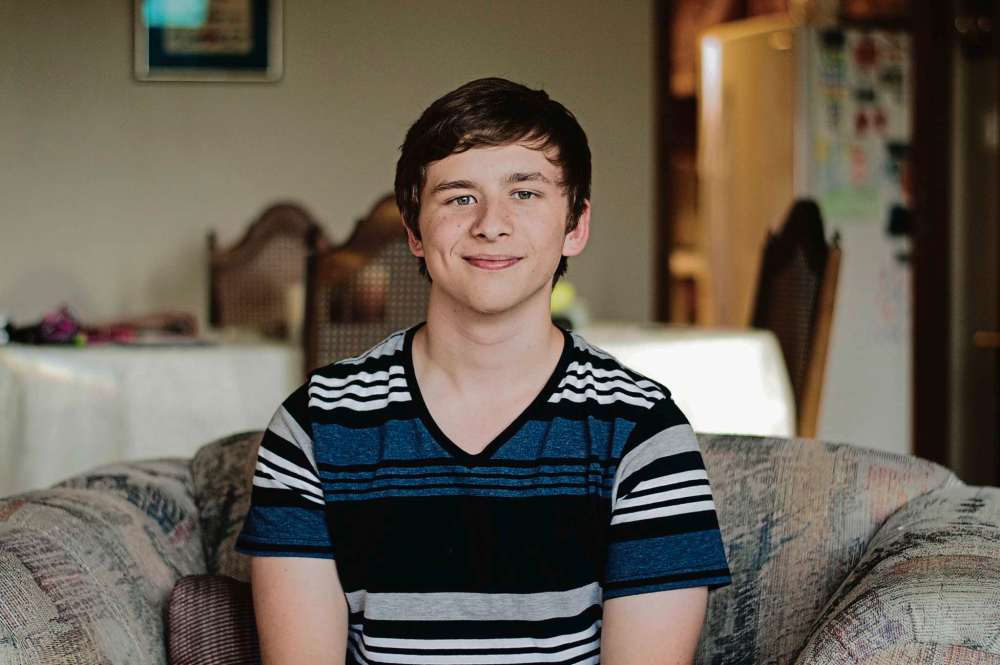Student leads the way in arthritis education
Colin Johnson wants kids with arthritis to have resources
Advertisement
Hey there, time traveller!
This article was published 11/10/2016 (3276 days ago), so information in it may no longer be current.
Colin Johnson is one of 24,000 Canadian children 18 and under living with juvenile arthritis.
Although juvenile arthritis affects three out of every 1,000 kids, Johnson has learned that when it comes to education on the subject, there is a long way to go. He’s been involved with the Arthritis Society for the past six years as well as a peer-to-peer program for the past three. Recently, he’s gotten involved in a teen support and education group.
“In general not enough people know what juvenile arthritis is, and even that arthritis can exist in children,” Johnson said. “It’s commonly associated with old people and you see somebody with a walker… so we need people to know that it can affect anybody. Oftentimes children with juvenile arthritis feel lost and alone and they feel so out of place.”

Johnson, 17, has been asked to give presentations to teachers at education seminars as well as speak to groups at the University of Winnipeg, Manitoba and Brandon, as well as the Health Sciences Centre.
“I was 19 months when I was diagnosed,” Johnson said. “One of the most common things I hear is, ‘I didn’t know kids could get it,’ and that’s even from parents,” Johnson said. He hopes by educating parents and teachers that they will be able to recognize symptoms early and consider testing for it.
“Early diagnosis means better outcome, better treatment because if it’s discovered early they can get it under control before large amounts of deformity occur,” Johnson said. “It’s not something we have a cure for but something we have preventative measures for. If you’re only at the stage where you’re walking funny, then getting diagnosed early limits it there.”
The teen support group is unique in that it’s geared towards young people who aren’t just dealing with this diagnosis, but also going through the transition of going from pediatric care to adult care.
“Sometimes they get lost and it’s overwhelming,” Johnson’s mom Dorie said. “For them it’s a great way to connect with other teens so there might be some high school issues, things they can’t talk to a doctor about.”
Johnson says having support and understanding from his friends has made a huge difference for him, and he hopes to offer that to others going through something similar.
“For example we were at Comic Con walking around and one of my friends said, ‘Do you want to sit down, how are your knees doing?’ It’s just little things like that that boost morale,” Johnson said.
“Even though they don’t understand what’s going on, the more people that know, the better the outcome is for the person living with it.”




